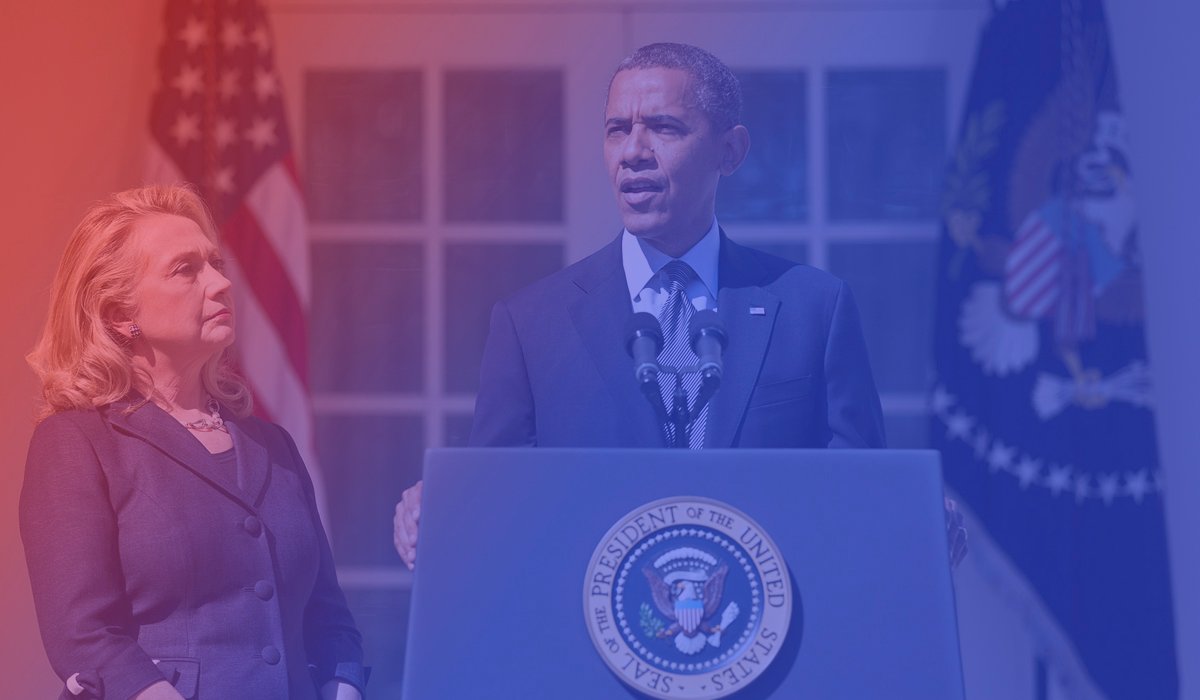The CIA stands for the Central Intelligence Agency. Its stated mission is to collect, evaluate and disseminate foreign intelligence to assist the president and senior United States government policymakers in making decisions about national security.
And while the agency is secretive by nature, there are some things we know of the actual Jason Bourne’s of the world.
Here are three things to know about America’s top spy agency:
The CIA reports to the executive and legislative branches
President-elect Donald Trump tapped Rep. Mike Pompeo to become the next CIA director, and then he was grilled by the Senate Select Committee on Intelligence on Thursday as part of a confirmation hearing.
That’s because the top brass at the CIA has an obligation to brief the top two branches of U.S. government on all its intelligence findings, and must answer to the National Security Council (The president, vice president and secretary of defense) along with the Foreign Intelligence Advisory Board and the Intelligence Oversight Board.
How much do taxpayers pay to fund the CIA? That part is a secret.
The CIA has been around forever, right?
Although history says spies have always played an integral role in the formation of America, formal efforts at organized spying were not created until the 1880s when the Office of Naval Intelligence and the Army’s Military Intelligence Division were borne out of necessity.
As the World Wars raged, a Bureau of Investigation — later to become the FBI — took over much of the duties now promised to the CIA, and then in 1947 after lessons from World War II were learned, President Harry Truman signed the National Security Act.
That led to the direct creation of the Central Intelligence Agency, which has only grown in power as more countries gain nuclear power and cyber threats have gained prominence.
Here’s a peek inside the life of a CIA spy
In a well-cited work published to the Huffington Post, former CIA agent
Turns out? Not very.
“This type of information gathering, which comes through developing relationships, is the most classic of all spying activities,” he explains, “and is said to rival prostitution as the world’s oldest profession.”
He continues: “Among other things it requires good language abilities, interpersonal skills that include social graces, a high level of tenacity, a tolerance for ambiguity, a certain amount of chutzpah, and lots and lots of stamina.”
Rarely did he carry a weapon, and his primary objective was to be the eyes and ears of the CIA director and POTUS abroad, in areas that may not have been ones of grave danger. Europe, the Far East, even South America — agents are stationed all over the world, but their purpose is not quite always to deliver a bullet to armed enemies of America.
Ultimately, their work becomes part of a large body coordinated by all intelligence agencies that makes then its way to the Director of National Intelligence.
